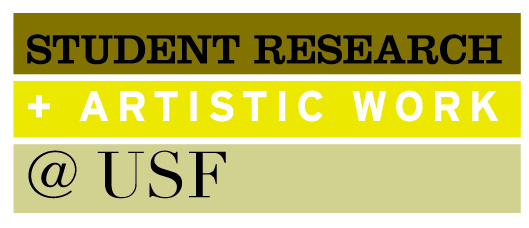Major
Biotechnology
Research Abstract
Historically, the Adeno-Associated Virus (AAV) has been used as a vector for gene therapies due to its low pathogenicity, no known associated diseases, and clinical validity. However, transitioning from in-vitro AAV experiments to in-vivo prove challenging for both scalability and potency. It has been previously characterized that some host factors in human cells influence the packaging capabilities of the AAV vector. Therefore, with the assistance of Encoded Therapeutics, this project aims to validate previous efforts to identify human host factors that influence AAV production in cells with the intent to understand these mechanisms for therapeutic manufacturing benefit to lower AAV PD production costs, improve vector efficiency, and elevate patient care.
Faculty Mentor/Advisor
Cary Lai
Included in
A CRISPR-Based Approach to Identify Host Factors Influencing AAV Production
Historically, the Adeno-Associated Virus (AAV) has been used as a vector for gene therapies due to its low pathogenicity, no known associated diseases, and clinical validity. However, transitioning from in-vitro AAV experiments to in-vivo prove challenging for both scalability and potency. It has been previously characterized that some host factors in human cells influence the packaging capabilities of the AAV vector. Therefore, with the assistance of Encoded Therapeutics, this project aims to validate previous efforts to identify human host factors that influence AAV production in cells with the intent to understand these mechanisms for therapeutic manufacturing benefit to lower AAV PD production costs, improve vector efficiency, and elevate patient care.



